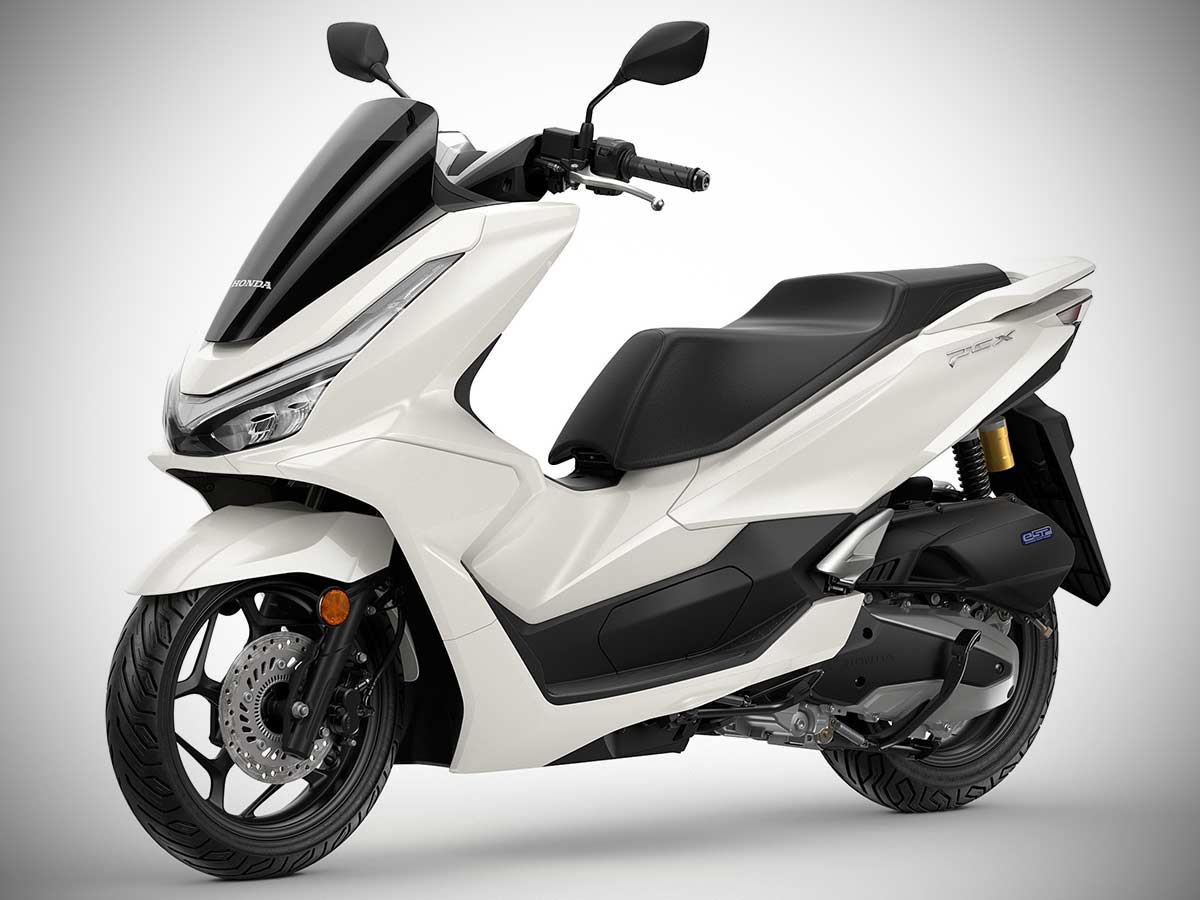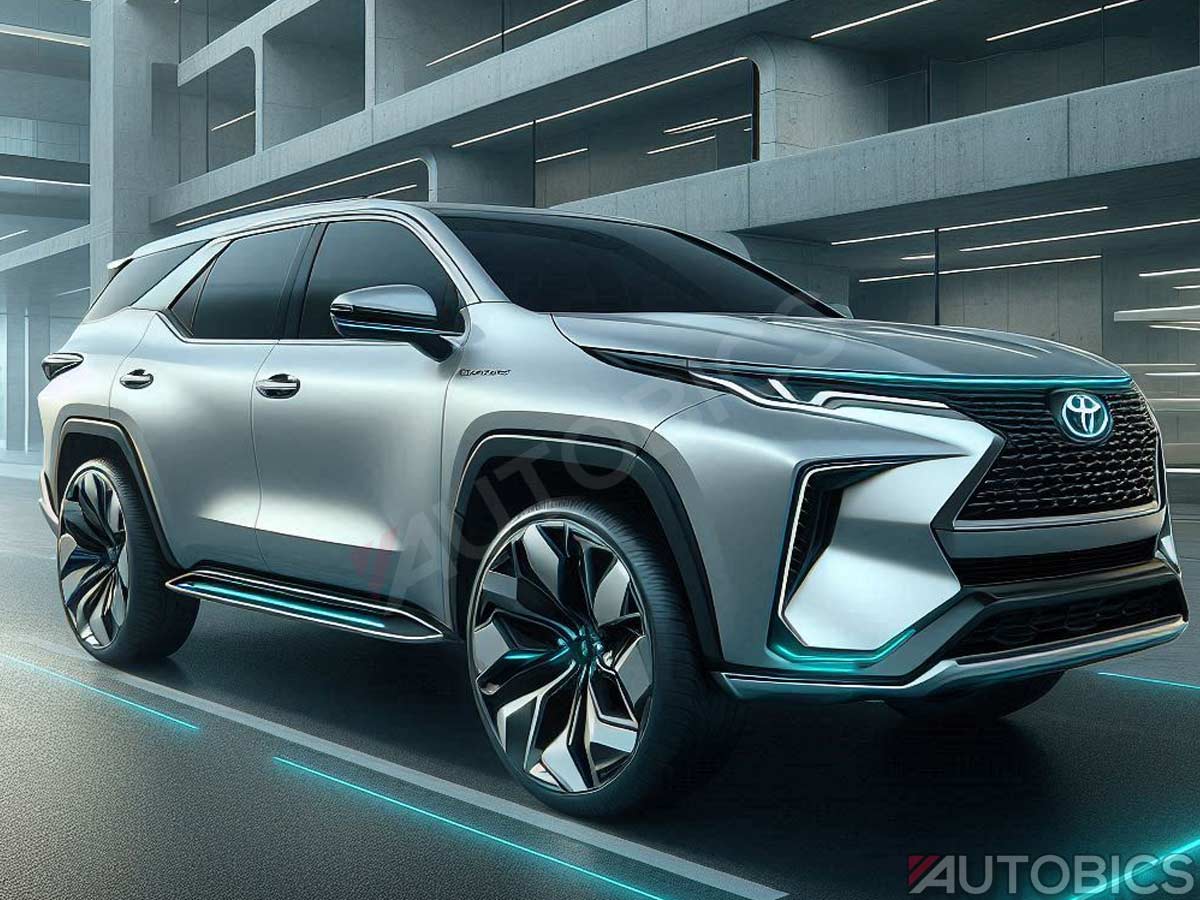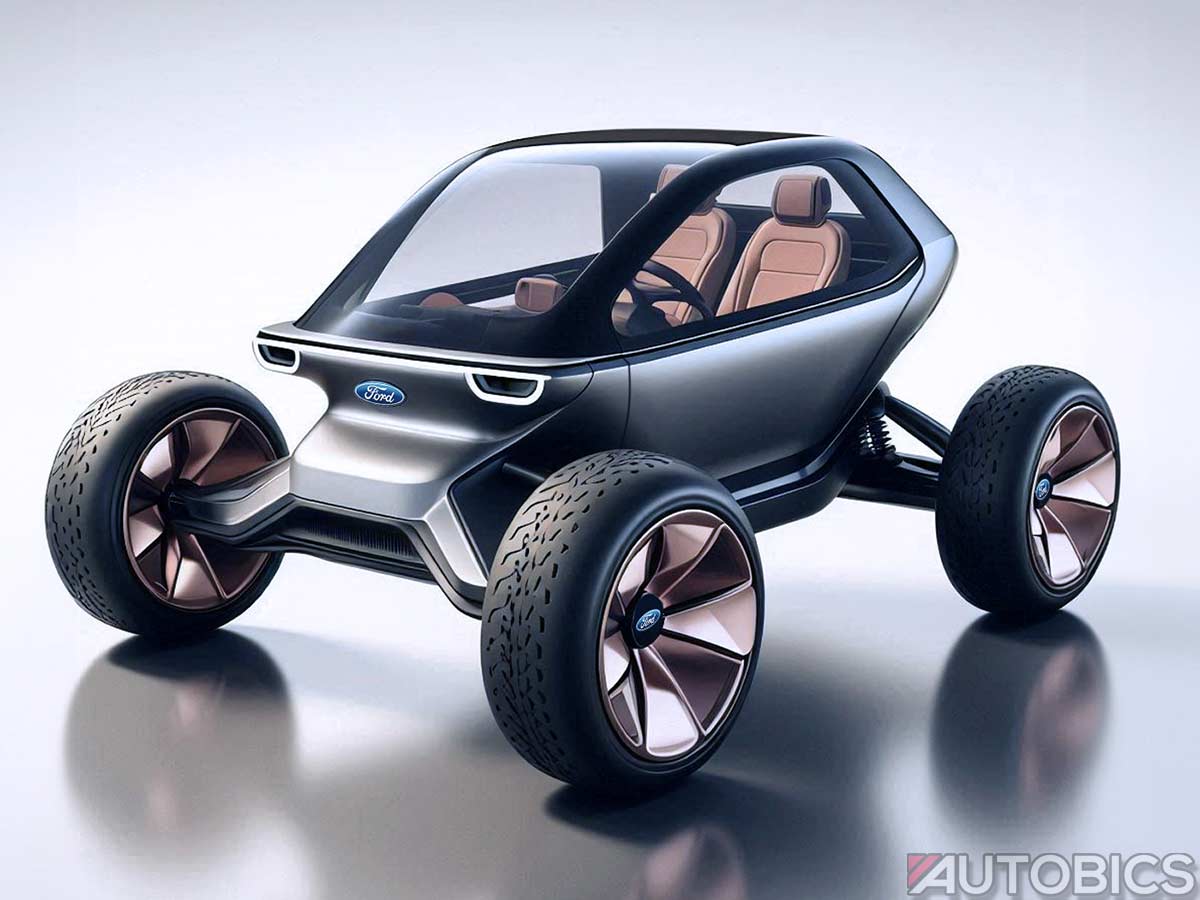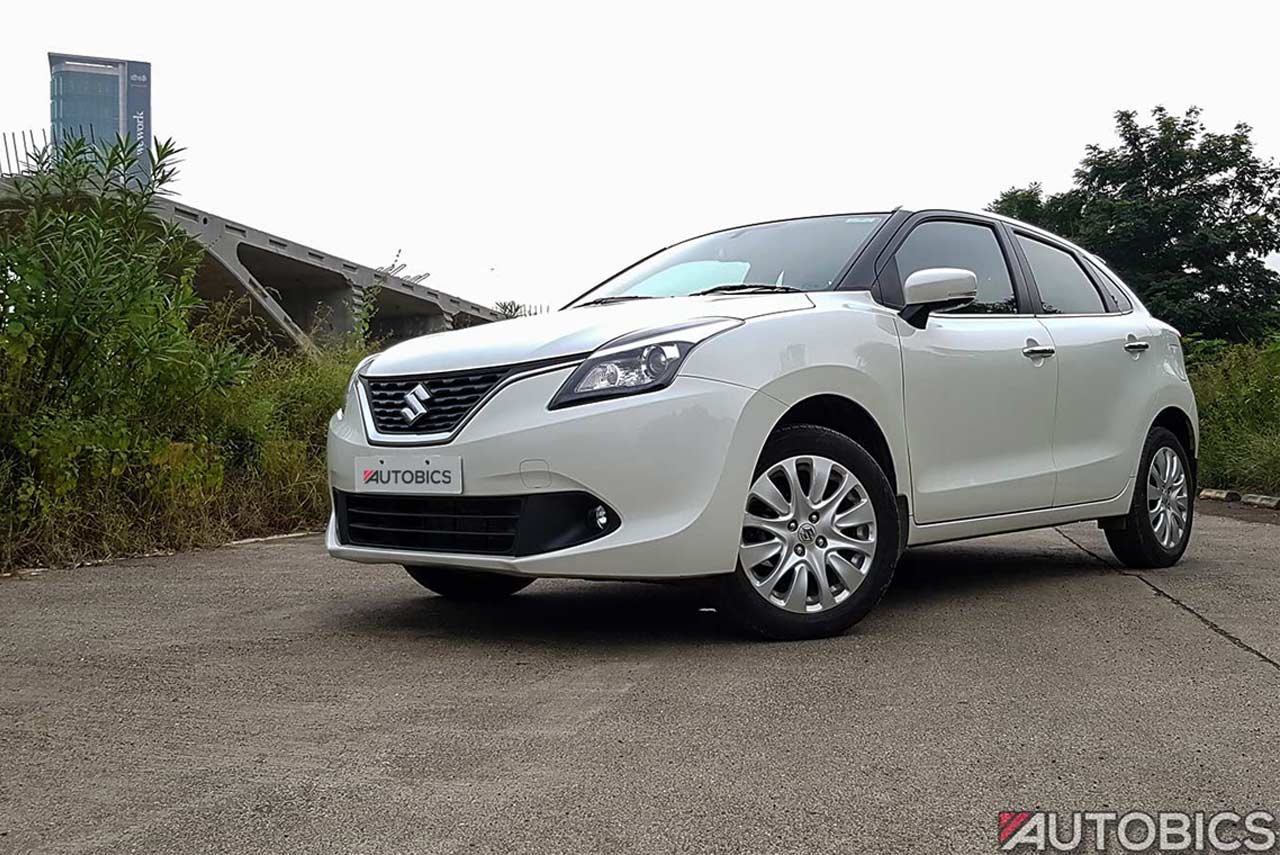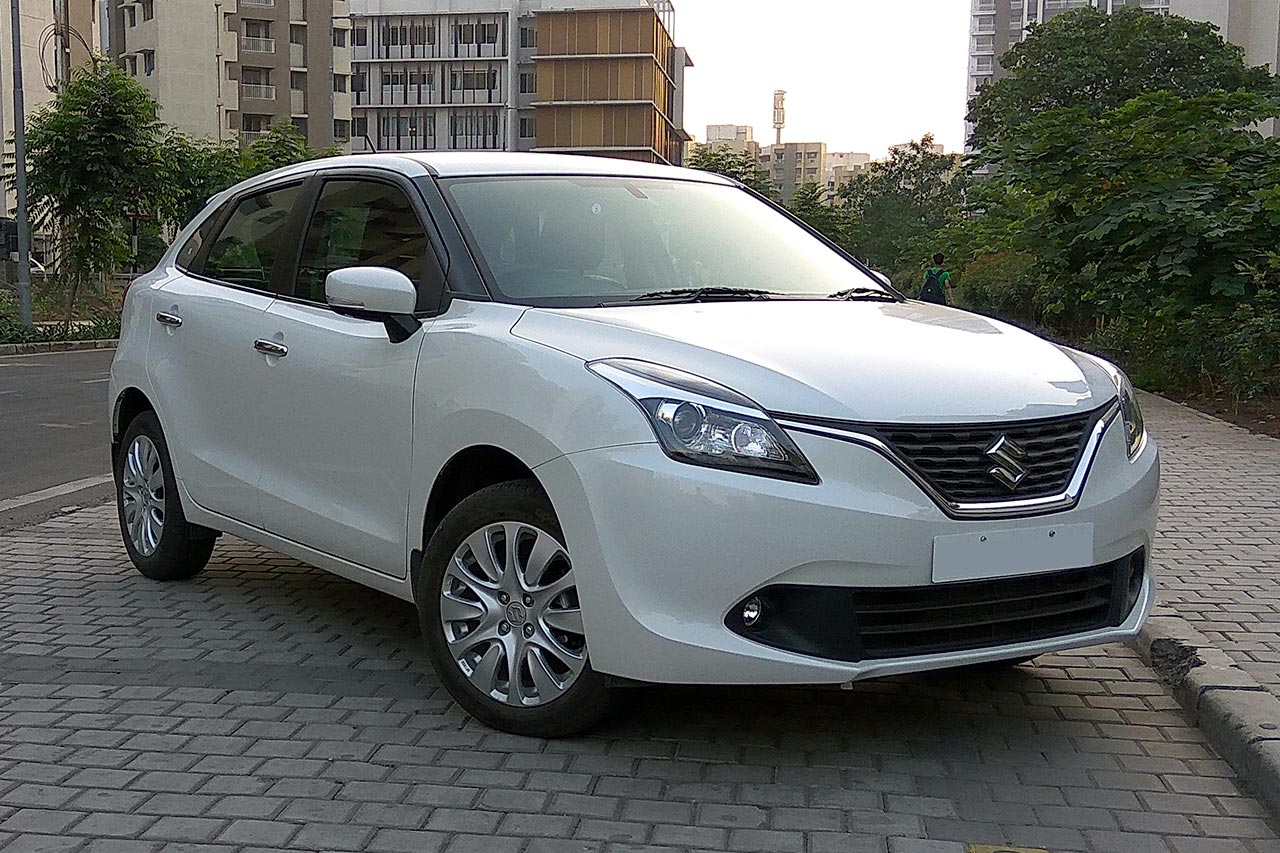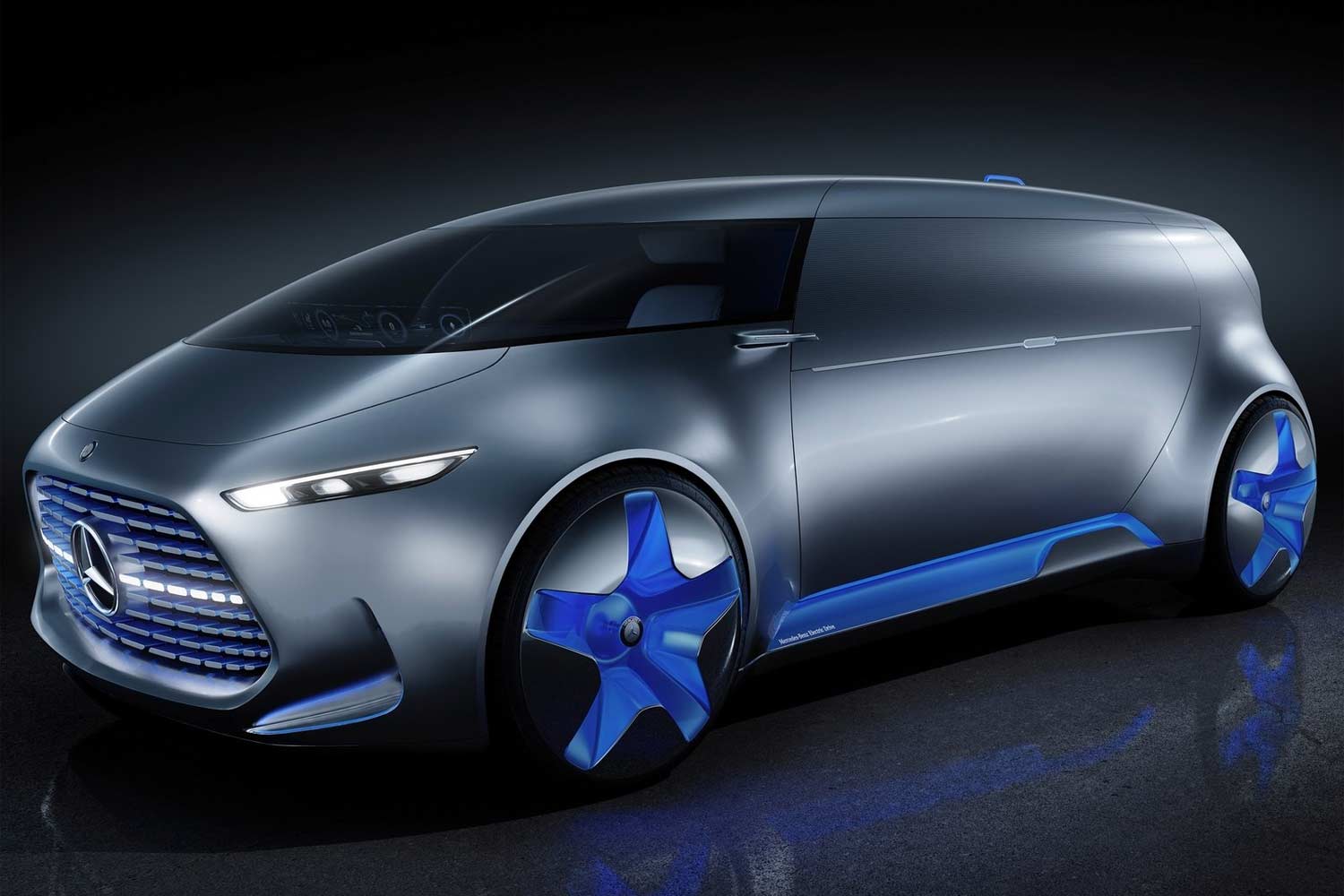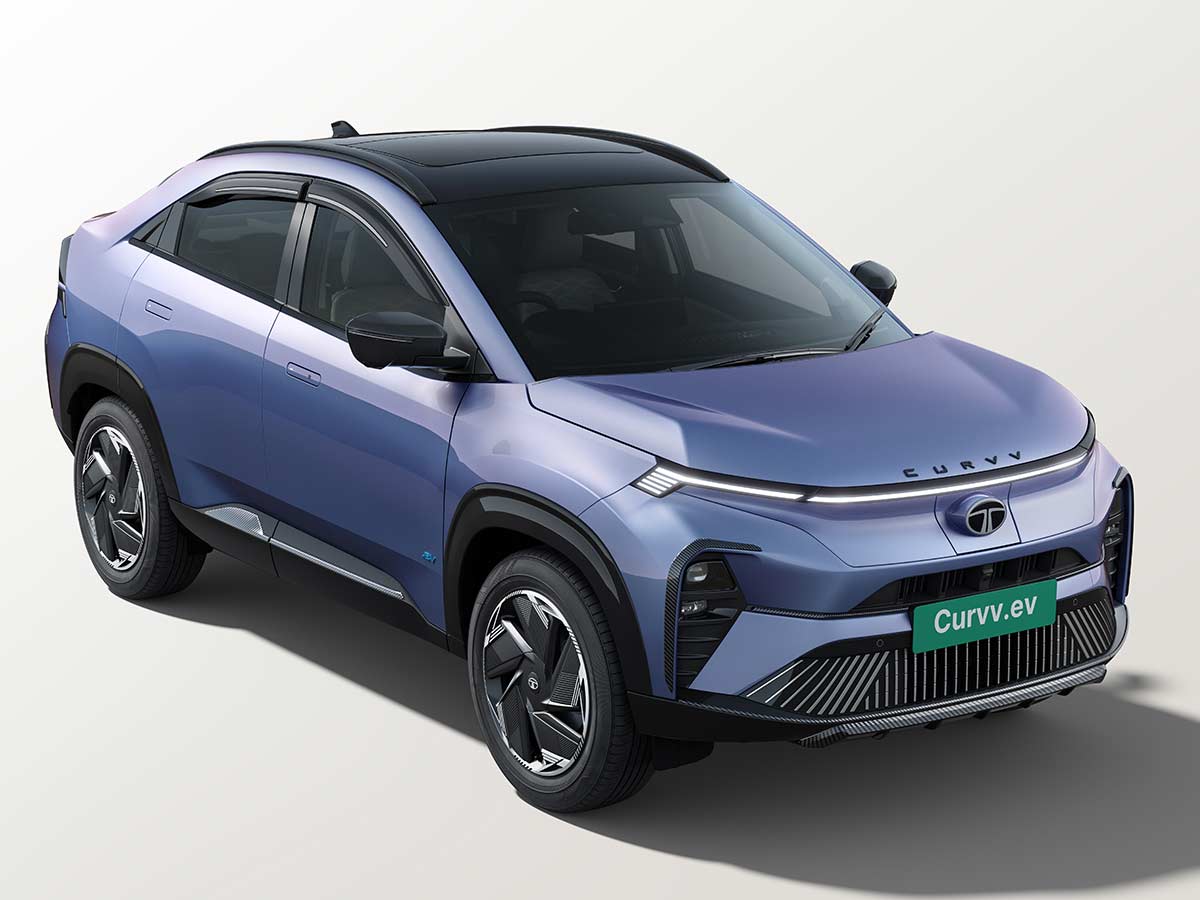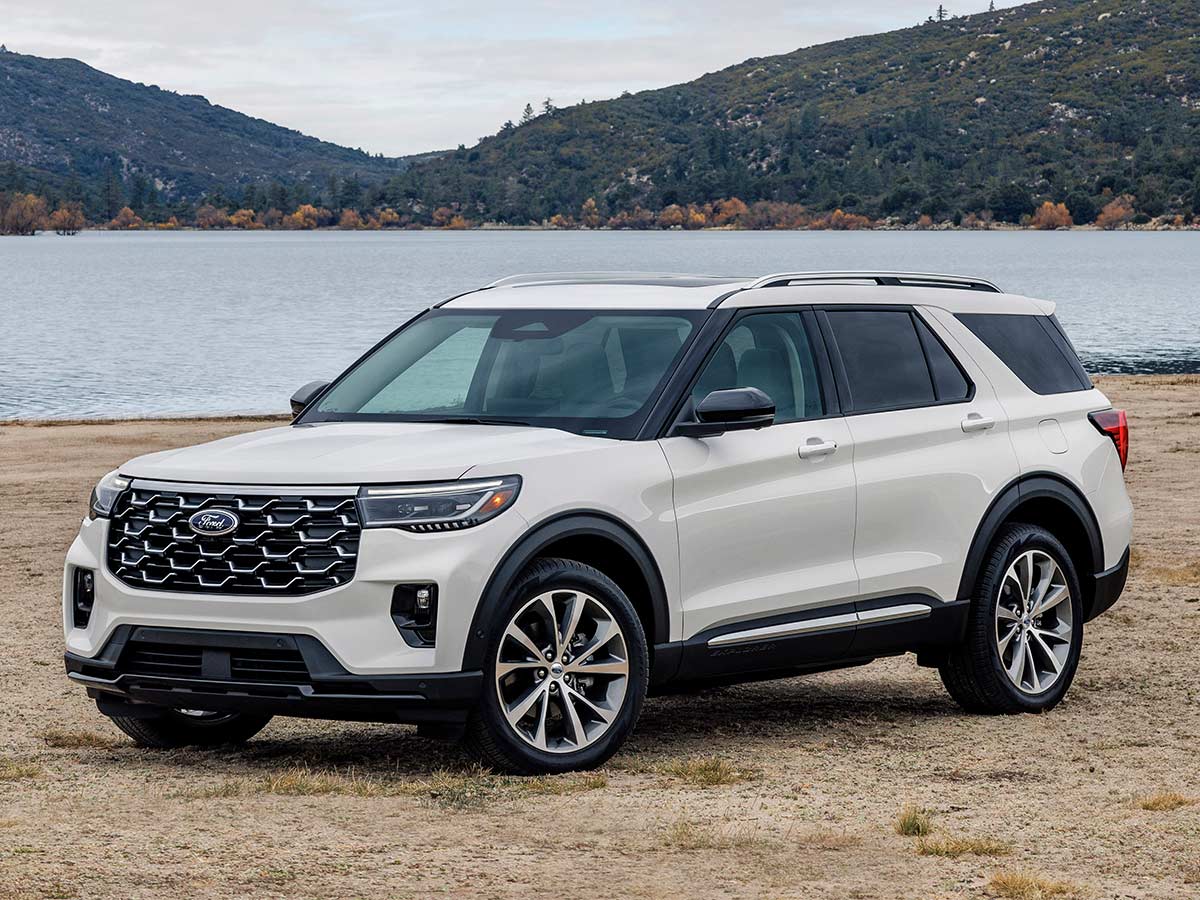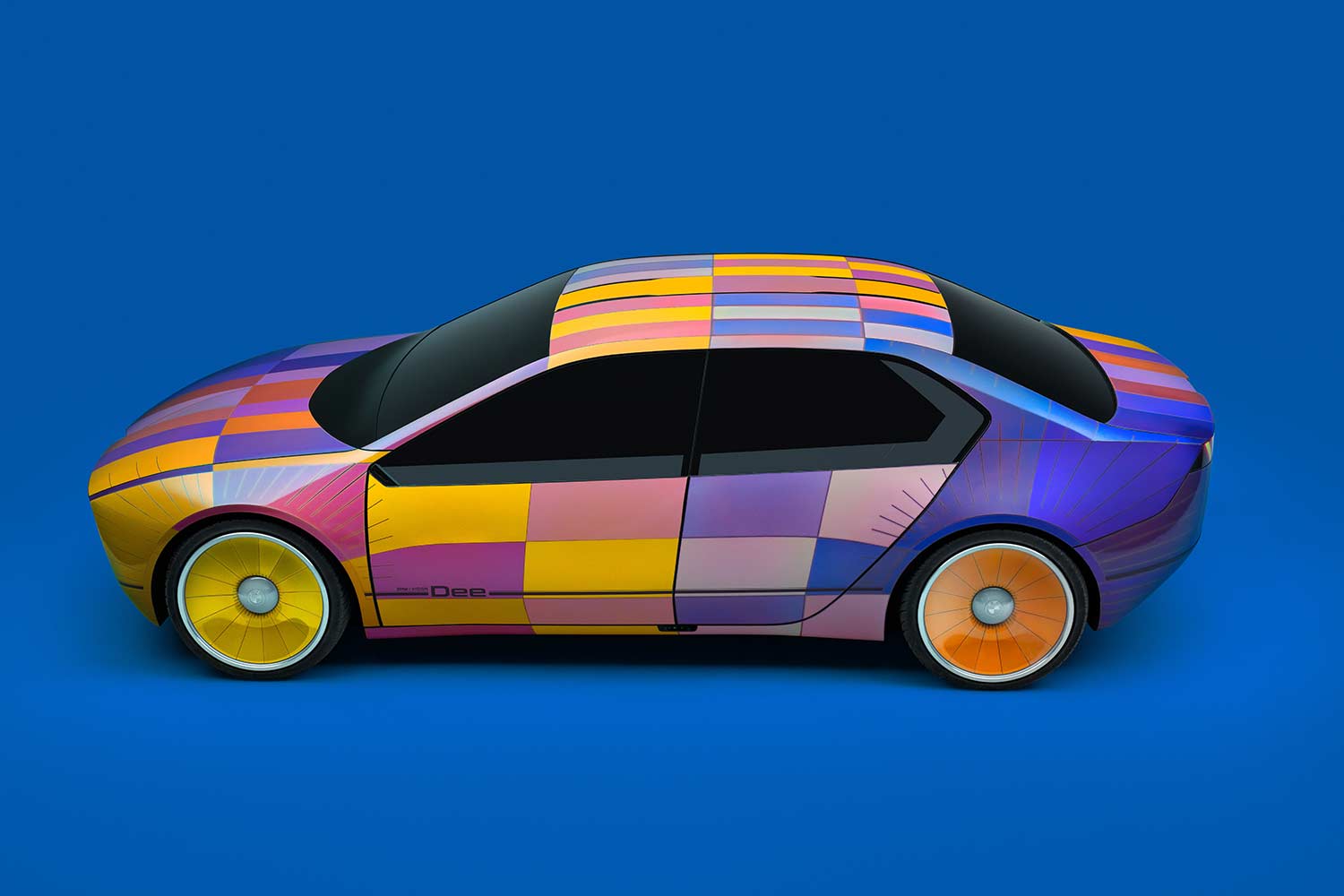The automobile industry is rapidly evolving, with new technologies and innovations emerging that promise to change the way we drive forever. From electric and autonomous vehicles to connected cars and shared mobility, the future of automobiles is shaping up to be both exciting and transformative. We’ll explore some of the most significant trends and developments that are likely to shape the future of automobiles.
Electric Vehicles (EVs)
One of the most significant changes we’re seeing in the automobile industry is the shift towards electric vehicles (EVs). As concerns over climate change and air pollution grow, more and more consumers are looking for cleaner, greener alternatives to traditional gasoline-powered vehicles. EVs are becoming increasingly popular as battery technology improves and charging infrastructure expands.
In the coming years, we can expect to see even more advances in EV technology, including longer ranges, faster charging times, and lower costs. Governments around the world are also offering incentives to encourage the adoption of EVs, such as tax credits, rebates, and subsidies.
The popularity of electric vehicles is on the rise, and many experts predict that EVs will eventually replace gasoline-powered cars. Advances in battery technology are making it possible to create EVs that can travel farther on a single charge, and charging infrastructure is rapidly expanding around the world.
Some automakers are also exploring new ways to charge EVs, such as wireless charging or using solar power. Additionally, the development of solid-state batteries could revolutionize the EV industry by offering even longer ranges, faster charging times, and improved safety.
Autonomous Vehicles
Another major trend in the automobile industry is the development of autonomous vehicles (AVs). AVs are vehicles that can operate without human intervention, using sensors, cameras, and other advanced technologies to navigate the road and avoid obstacles. While fully autonomous vehicles are still a few years away, many automakers are already offering semi-autonomous features like lane departure warning, adaptive cruise control, and automatic emergency braking.
AVs have the potential to dramatically improve road safety and reduce traffic congestion, but they also raise important ethical and regulatory questions. As AV technology continues to advance, policymakers will need to grapple with issues like liability, privacy, and cybersecurity.
While fully autonomous vehicles are still a few years away, the development of AV technology is advancing rapidly. AVs have the potential to reduce traffic accidents and fatalities, as well as improve traffic flow and reduce congestion. However, there are also concerns about the potential loss of jobs for professional drivers, as well as ethical and regulatory issues related to AVs.
Connected Cars
Another emerging trend in the automobile industry is the development of connected cars. Connected cars are vehicles that are equipped with sensors, software, and communication technologies that enable them to interact with other vehicles, infrastructure, and devices. This connectivity allows for a range of new features and services, such as real-time traffic updates, remote vehicle monitoring, and predictive maintenance.
As more cars become connected, we can expect to see an explosion in the amount of data generated by vehicles. This data can be used to improve road safety, optimize traffic flow, and personalize the driving experience. However, it also raises concerns about data privacy and cybersecurity.
Connected cars have the ability to communicate with other vehicles and infrastructure, providing real-time traffic data and other information to drivers. This can improve safety and reduce traffic congestion, as well as provide new opportunities for personalized services and entertainment.
However, the increased connectivity also raises concerns about data privacy and cybersecurity. Automakers and policymakers will need to address these issues to ensure that connected cars are safe and secure for consumers.
Shared Mobility
Finally, we have the rise of shared mobility services like ride-hailing, car-sharing, and bike-sharing. These services are transforming the way people get around, reducing the need for individual car ownership and increasing the efficiency of urban transportation systems.
As shared mobility services continue to grow in popularity, we can expect to see new business models and partnerships emerge. Automakers are already exploring ways to enter the shared mobility market, while ride-hailing companies are experimenting with autonomous vehicles.
Shared mobility services like ride-hailing and car-sharing are growing in popularity, and many experts predict that they will eventually replace individual car ownership for many people. This could lead to a significant reduction in traffic congestion and air pollution, as well as lower costs for consumers.
However, there are also challenges to the growth of shared mobility services, such as regulatory issues and concerns about safety and security. Additionally, there may be challenges in serving rural areas and low-income populations with shared mobility services.
Sustainability
As concerns over climate change and environmental sustainability grow, automakers are increasingly focusing on developing more sustainable and eco-friendly vehicles. This includes not only electric vehicles, but also vehicles powered by hydrogen fuel cells or biofuels.
Additionally, automakers are exploring ways to reduce the environmental impact of manufacturing and distribution processes. This includes using renewable energy sources, reducing waste and emissions, and implementing sustainable supply chain practices.
The future of automobiles is shaping up to be a fascinating and transformative period of change. From EVs and AVs to connected cars and shared mobility, we’re on the cusp of a new era in transportation. While there are still many challenges to overcome, the potential benefits of these new technologies are immense. As we look to the future, it’s clear that the automobile industry will continue to play a vital role in shaping our world.






